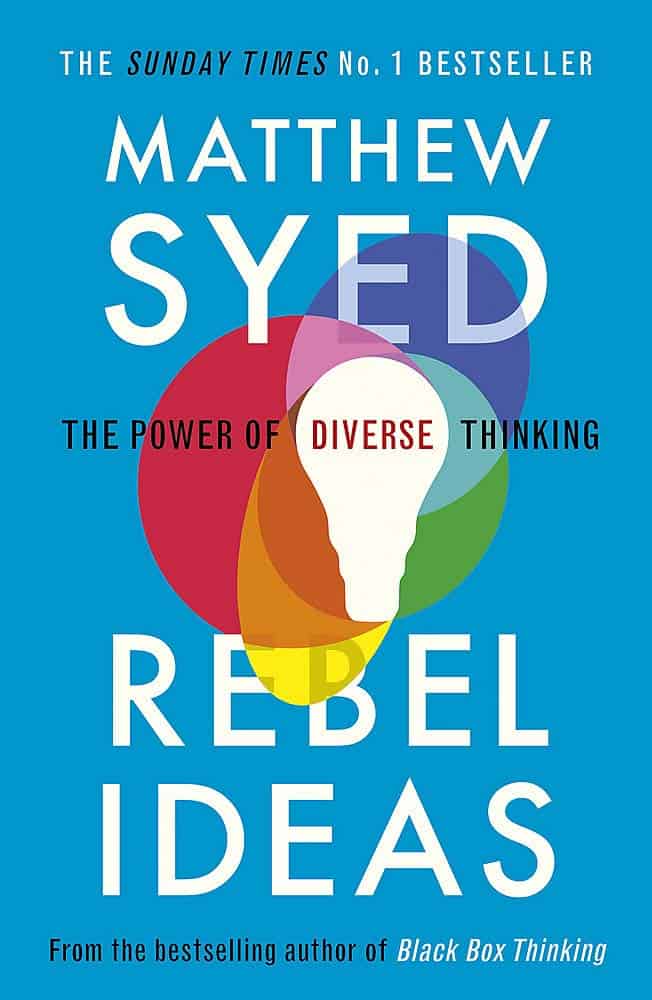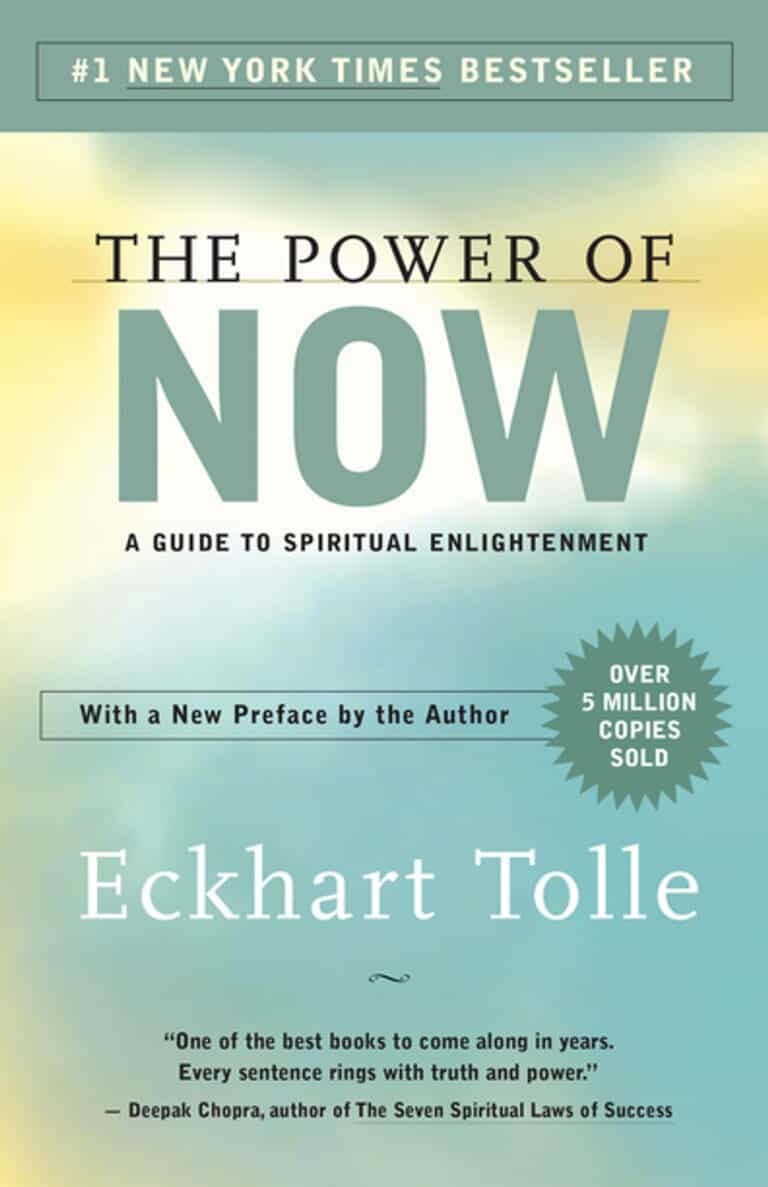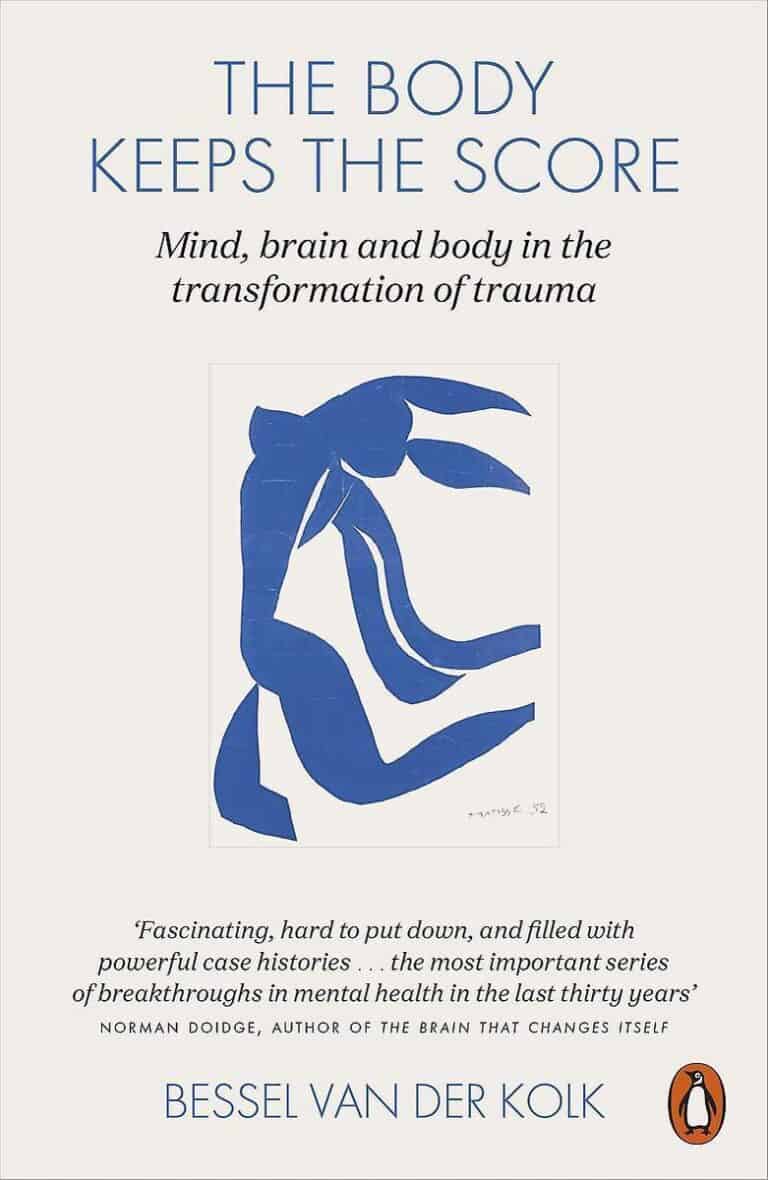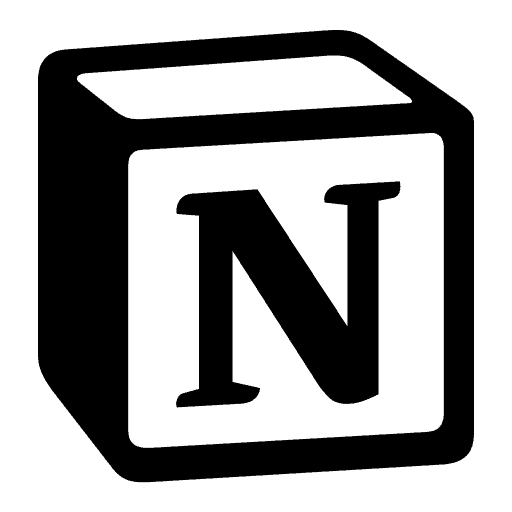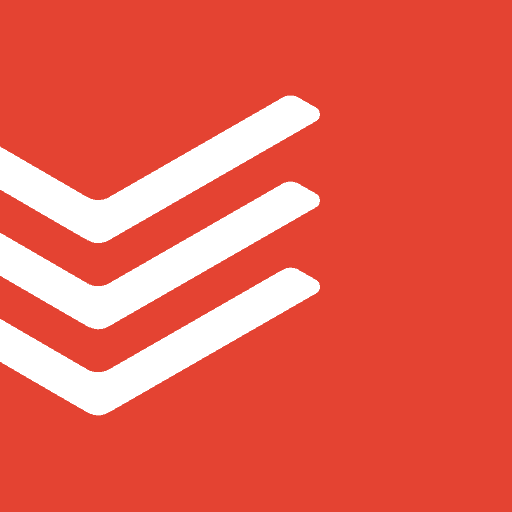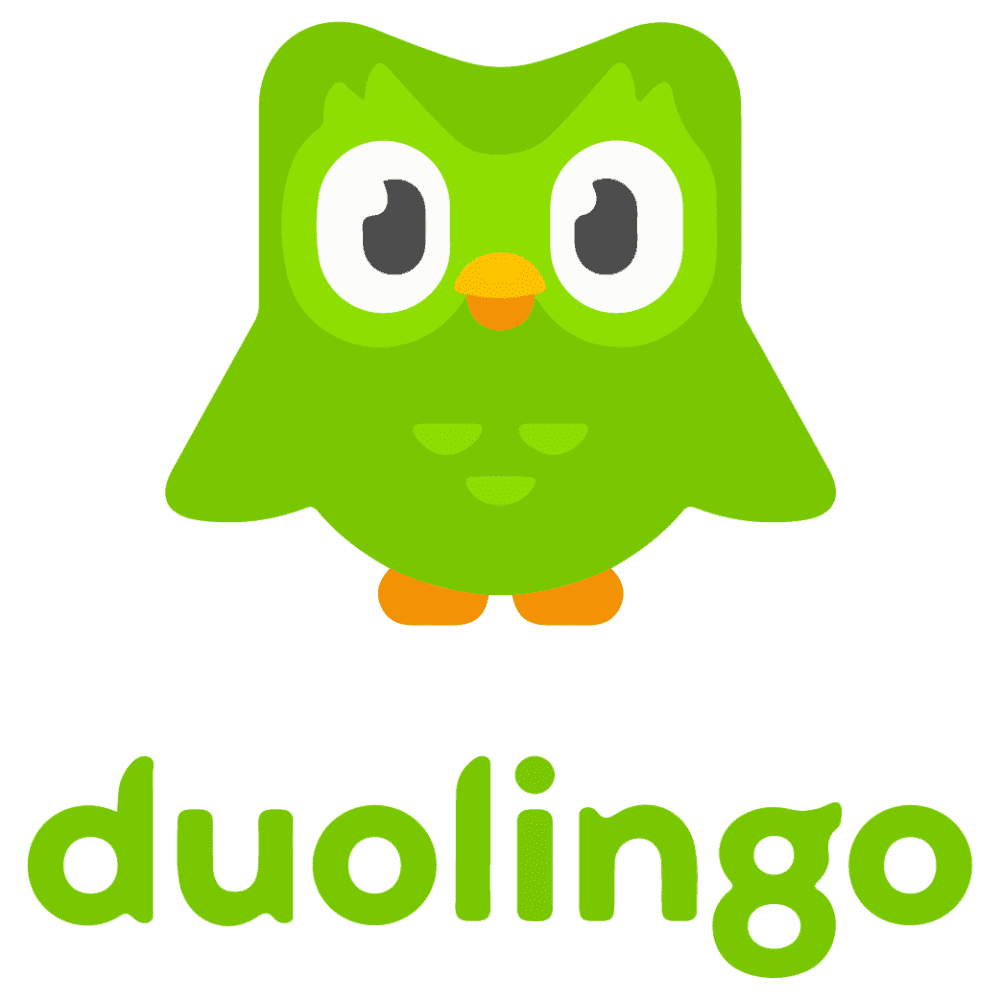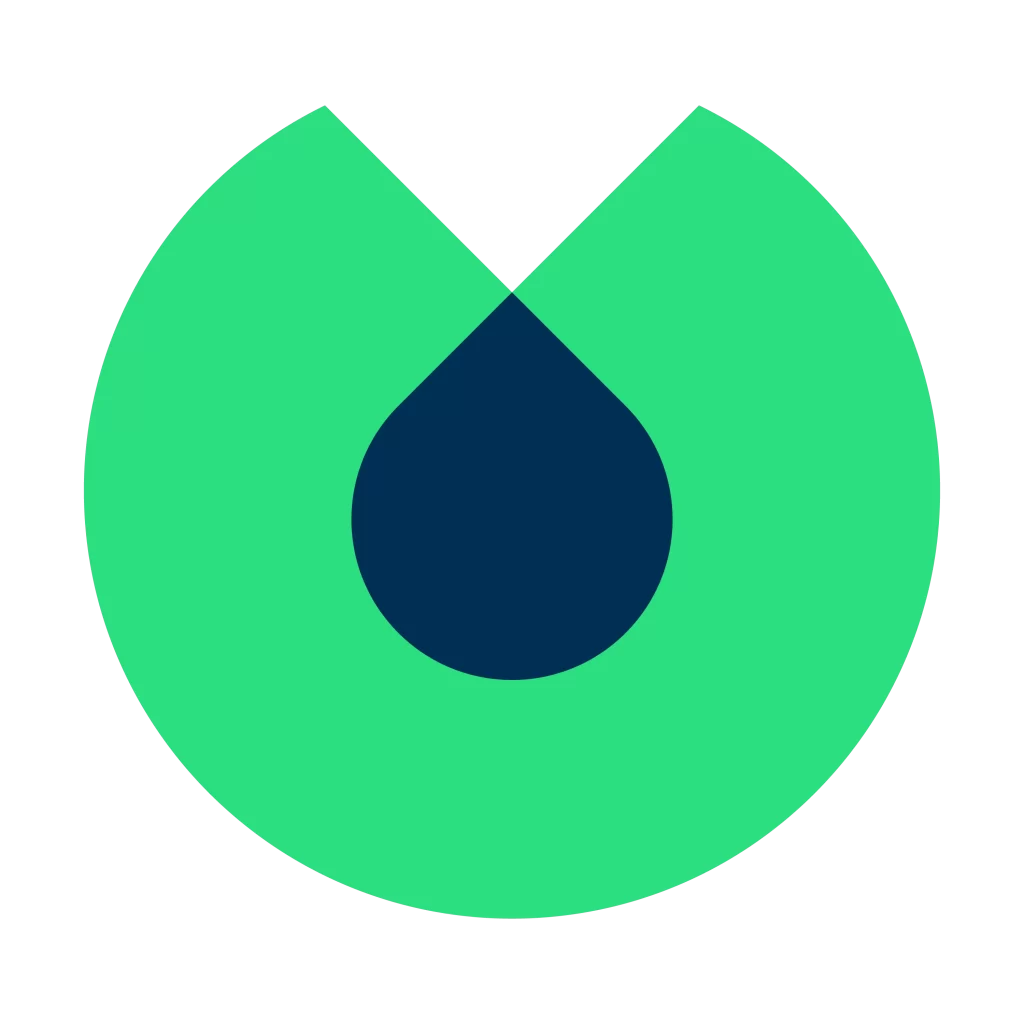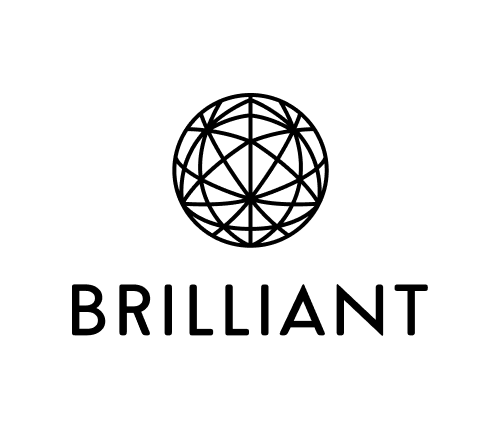My Growth Toolkit
What is growth?
Personal and professional development has been a flourishing subject of interest. As a society, we increasingly emulate others’ achievements, sometimes falling pray to toxic comparison. As human beings, we progressively realise our infinite potential for improvement. It can be difficult, however, to find the right tools to continually expand our skillset and stay on track of our progress.
How can we strive for growth without being discouraged by the path ahead of us? How can we stay inspired and committed? How can we get better at being ourselves? These are the questions that this toolkit answers.
My Growth Toolkit offers the resources you need to start or enhance your growth journey whilst:
- keeping your wellness in check,
- boosting confidence and critical thinking, as well as
- continuously expanding your skills and knowledge.
I have gathered my most precious tools for personal and professional development, based on years of experience getting more organised, empathetic, and open-minded. These are the qualities which I believe form a solid foundation for transformative growth.
Table of Contents
Subscribe
for a monthly round-up of the latest advances in technology and global affairs, tips to thrive in academia, resources to support your personal growth, and more!
5 must-read books to start your growth journey
What should I bring with me?
There is no better way of starting a new journey than by reading a book that can change your perspective forever. These are my favourite books to get started full of inspiration and mind-blowing tricks.
1. Rebel Ideas: The Power of Diverse Thinking
Rebel Ideas examines the power of ‘cognitive diversity’ – the ability to think differently about the world around us. It explains how to harness our unique perspectives, pool our collective intelligence and tackle the greatest challenges of our age – from climate change to terrorism. It draws on a dazzling range of case studies, including the catastrophic failings of the CIA before 9/11, a fatal communication breakdown on top of Mount Everest and a moving tale of de-radicalisation in America’s Deep South.
Rebel Ideas will strengthen any team or organisation, but has dozens of personal applications, too: from the art of personal reinvention to the remarkable benefits of personalised nutrition. It shows us how to become more creative, how to collaborate in a world becoming more interconnected, and how to break free of the echo chambers that surround us all.
(source: Goodreads)
2. Mindset: The New Psychology of Success
Everyone juggles between two mindsets: a fixed mindset and a growth mindset. Whilst the fixed mindset sees intelligence and skills are a fixed product that we are either born or not born with, the growth mindset is believes that people can develop their abilities and talent.
We can approach our daily lives with a fixed or growth mindset. In a growth mindset, you: embrace challenges, instead of avoiding them; persists in the face of difficulties, instead of being defensive or giving up; see effort as the path to mastery, instead of something that makes you look weak; learn from criticism, instead of ignoring or denying it; and find lessons and inspiration in the success of others, instead of feeling threatened or jealous. As a result, we may reach ever-higher levels of achievement, instead of living with unfulfilled potential.
Adopting a growth mindset is therefore beneficial throughout our lives, as children, pupils, and students, but also as leaders, parents, and coaches. The book compiles short stories and lessons driven from scientific studies to empower its readership to adopt a growth mindset whenever possible.
3. The Power of Now
This book is a unique entryway to spiritual enlightenment. It stands out from other books of the kind by its simplicity yet depth of thought and information. Eckhart is a profound thinker educated at London and Cambridge Universities. In this book, he teaches about the power of being present — as opposed to living in the past or worrying about the future. Recurring themes are the transcendence of ego, conscious living, and happiness.
More than a spiritual guide, The Power of Now is a transformative life companion. As put in The Guardian, the book conveys “a view of human psychology that has deep roots in Buddhism, Hinduism and Sufi Islam”. With simple yet compelling stories, it promises to ground the most reckless of thinkers and inspire happiness-seeking folks.
4. Think Again: The Power of Knowing What You Don’t Know
This book is about the benefit of doubt, and about how we can get better at embracing the unknown and the joy of being wrong. Evidence has shown that creative geniuses are not attached to one identity, but constantly willing to rethink their stances and that leaders who admit they don’t know something and seek critical feedback lead more productive and innovative teams.
New evidence shows us that as a mindset and a skilllset, rethinking can be taught and Grant explains how to develop the necessary qualities to do it. Section 1 explores why we struggle to think again and how we can learn to do it as individuals, arguing that ‘grit’ alone can actually be counterproductive. Section 2 discusses how we can help others think again through learning about ‘argument literacy’. And the final section 3 looks at how schools, businesses and governments fall short in building cultures that encourage rethinking.
In the end, learning to rethink may be the secret skill to give you the edge in a world changing faster than ever. (source: Goodreads)
5. The Body Keeps the Score
In this book, a renowned psychiatrist and researcher exposes the physical, long-lasting effects of traumatic events — big or small. In five parts, Bessel recounts the lessons learned throughout his career and explains with compelling examples how trauma may produce physiological changes in our brain and our bodies — hence why the body does indeed keep the score.
Whilst it may be heavy at times due to the traumatic stories shared throughout the book, it is a truly enlightening work which I believe everyone should read. It shares mind-blowing science in a very approachable way and allows learning (and unlearning) about many coping mechanisms which we develop during childhood that impact our health and wellbeing.
How safe is Tulum?
How to get to Tulum?
How to design your goals?
We all know it’s important to design personal and professional goals for success. But how should you design your objectives? These are my five easy steps to design goals that are good for you, that you will achieve, and that fit in a life-long learning philosophy, essential for growth.
1. Identify your areas of personal and professional growth
At the onset of your growth journey, before identifying specific goals, you want to identify the areas in which you hope to develop personally and professionally. For instance:
(1) physical health, (2) mental health, (3) productivity, (4) relationships
Other areas you might want to consider are work, school/university, finances, charity, spirituality, …
For each of these development areas, you want to define smart goals – targets that you will actually achieve. SMART goals is a concept originally developed by George T. Doran in a 1981 issue of Management Review. Since then, it has been widely used by many other organisational psychologists. The concept advocates for defining goals that are: specific, measurable, achievable, relevant, and time-bound.
Using SMART goals will facilitate keeping track of your progress and setting a path to success.
2. Define clear learning objectives
Your personal and professional goals should be specific, i.e. as precise as possible. I advise to design goals that are not centred on achieving finite products (e.g. I want to have a six-pack) but rather on gaining skills, knowledge, and experience (e.g. I want to be able to hold a plank for 3 minutes). Think of your goals as learning objectives. This is much more rewarding and fits within a ‘growth mindset’, a life-long learning philosophy.
With a mindset centred on growth and progress, instead of fixed qualities, we can reach ever-higher levels of achievement. In contrast, a fixed mindset that sees intelligence and other qualities as static will lead to frustration and unfulfilled potential. It is therefore important to formulate goals that focus on learning rather than achieving an end product.
Here are some example clear learning goals for each development area:
- Physical Health: I want to have the experience that would allow me to ace any advanced-level yoga class.
- Mental Health: I want to be kinder to my body and develop a more confident image of myself.
- Productivity: I want to design and implement a personal project from start to finish.
- Relationships: I want to deeply understand my best friend and improve our communication.
3. Prepare to track your progress
Your goals should be measurable so that you can track your progress. Designing vague, unmeasurable goals means that you’ll never be quite sure when you’ve achieved them. Conversely, making sure that you can tick some milestones off a list will help you stay motivated and focused. I recommend splitting each personal and professional goal into 3-5 measurable steps. To define those steps, ask yourself: How can I get there? What could help me achieve those goals? Which concrete action will bring me closer to the result I am looking for?
You should equally make sure that each step is achievable (can you really sustain that action for longer than a month?), relevant (will that truly contribute to your goal?), and time-bound (how often are you willing to do so? by when do you want it done?).
For example, for the mental health goal defined earlier, I would break it down into the following measurable steps:
Autumn 2023 – How can I be kinder to my body and develop a more confident image of myself?
- meditate for 5 minutes once a week
- try 2 seances of acupuncture
- participate in 3 sessions of psychotherapy
- read ‘Untamed’ by Glennon Doyle
- organise a professional photo shoot
I always recommend setting the bar low. Psychology studies show that setting goals that are challenging but accessible will keep you motivated and on track with your progress. Therefore, start small, watch yourself commit to your goals, and progressively increase the load of your steps.
You can keep track of your goals by using apps (check out my favourites here) or by using a good old notebook or a board placed strategically in your kitchen or office. The key is to make them visible so you don’t lose track of them!
4. Evaluate and revise
It is crucial to evaluate your progress in achieving your personal and professional goals, and revise your steps if needed. I recommend doing so three to four times a year, for instance at the start of each season.
- Evaluate: How much have you progressed? Have you noticed any change in your behaviour? Have you produced any tangible output? Evaluation can be positive or negative, but it should be celebrated nonetheless because you are taking the time right now to assess your progress. You are making an effort to stick to your goals and that is the most valuable mindset.
- Revise: Was it easy, difficult, or the right amount of challenge? Perhaps you overestimated your capacity to go on a run three times a week – that’s fine! You can revise your goal with more achievable steps. Remember, you’re much more likely to stick to your plan if it was doable in the first place.
Most importantly, remember that the cardinal goal of any growth journey is progress. No matter how small or big your steps, what matters is that you keep going!
5. Reward yourself
Last but not least, it is crucial to reward yourself for your progress and achievements, no matter how small. Identify how you can reward yourself, ideally throughout the year. Incremental rewards for reaching specific milestones will motivate you to work through challenging moments.
However, you should choose rewards that support your personal growth journey. There is no point in rewarding yourself with a fast food delivery after each salad, if your goal is to eat healthier. For this reason, you may want to think in advance about your rewards and adapt their scale to your effort.
Below are some example rewards for the steps listed previously:
Autumn 2023 – How can I be kinder to my body and develop a more confident image of myself?
- meditate for 5 minutes once a week (reward: going to the cinema at the end of the month)
- try 2 seances of acupuncture (reward: getting a massage at the end of the season)
- participate in 3 sessions of psychotherapy (reward: eating out at a nice restaurant)
- read ‘Untamed’ by Glennon Doyle (reward: buying 3 new books)
- organise a professional photo shoot (reward: treating myself to a self-care weekend)
Have fun throughout the process and try to elongate your time perspective on progress. What may not be visible over two weeks will make a difference over two years of consistent progress!

Optimise your growth
Are you seeking personalised support to define your goals and achieve them?
Building on my years of experience in project management and tutoring, I’ll help you create a smart growth plan to attain your targets one by one.
Which airline is best?
6 podcasts to learn about yourself and the world
How to get to Tulum?
I absolutely love to listen to podcasts: whilst commuting, going on walks, folding laundry, or cooking… it’s such an easy opportunity to learn! It does not require much engagement and I find them to be a great source of inspiration. These are my favourite podcasts to learn about my body, mind, and environment, which I consider cornerstones of any personal growth journey.
The mindbodygreen Podcast
A 360-degree approach that weaves together the mental, physical, spiritual, emotional, and environmental aspects of well-being.
What you will learn
Summaries of the best self-help books and interview their author(s): health, entrepreneurship, mindset, spirituality, relationships, … it’s all covered.
We can do Hard Things
Best-selling author Glennon Doyle and her family share their hardships with authenticity to empower others to live more freely and bravely.
The World in 30 Minutes
Weekly exchanges between researchers and policy-makers about the biggest foreign policy questions of the moment, from a European perspective.
A Bit of Optimism
Best-selling author Simon Sinek talks with inspiring thinkers about love, life, leadership, and silver linings with the hope of generating optimism.
Standford Psychology Podcast
Every week, psychology researchers are invited to speak about their latest findings from science, covering subjects such as stereotypes and equity.
Which airline is best?
8 habits you can pick up to increase your productivity
Now it gets tricky. Time for action! What are the small changes you can do every single day to set yourself up for success? Based on my experience as a project manager, researcher, and teacher, these are the habits which have enhanced my productivity. There is a caveat, however. It’s all up to you. We’re all different! Try and make mistakes, pick what works for you. The point is to experiment so that you find the habits that make you be the best version of yourself.
Make your bed in the morning
Tidy home, tidy mind. Help yourself feel refreshed, and keep your environment clean and decluttered. That starts with your bed in the morning, followed by a morning routine of your choice. Several studies have shown that people living in tidy homes tend to have a healthier and happier life.
Master the art of to-do lists
Every day, differentiate between urgent tasks, important tasks, personal rewards, and medium- to long term-goals. The secret to effective to-do lists is to make them realistic. You are much more likely to stick to your plan if it’s actually feasible. You also will feel much more encouraged to keep using to-do lists if you actually tick them off.
Plan both rest and active time
It is just as important to plan your rest time as your work time. Each week, I plan my workouts and my personal and social time, just like I plan my important tasks. It’s crucial to keep a balance between work and rest, if you want to sustain the pace of your progress in the long run.
Find a physical activity that you truly enjoy
The key to reaping the benefits of physical activity is consistency. And for that regularity to actually happen, you’re best at picking exercises you actually enjoy. It might just be long walks, or cycling to work. Find what makes you go into ‘active meditation’ mode: focused. For me, it’s yoga!
Have a separate space for deep work
One of my core advice to increase productivity is to create a space for it. Our brains thrive on patterns, especially visual cues. You can train your mind to go in ‘deep work mode’ as soon you enter a certain room or place at your table. It’s up to you to create the environment that works for you.
Lead a healthy lifestyle
Your lifestyle impacts your neuroplasticity, i.e. your brain’s ability to develop and adapt. Having at least seven hours of sleep daily, eating healthy foods, practicing meditation, and regularly spending time in nature are essential habits to develop if you wish to boost your productivity.
Find your peak, rest, and rebound times
We all have a time of the day when our bodies are at peak, best to rest, and rebound (read When by Daniel H. Pink if you are curious). Personally, I also found that such times vary depending on my location, the season, and my mood. Identifying those moments in your personal life will help get the most out of your days.
Have regular reset days
Taking a break, refreshing your environment, and re-thinking your priorities are essential aspects of productivity. It also boosts creativity. It’s important that you regularly pause, review, and reset. Don’t wait until the 1st of the month to start with a clean slate: every week, every day is a new opportunity to start anew!
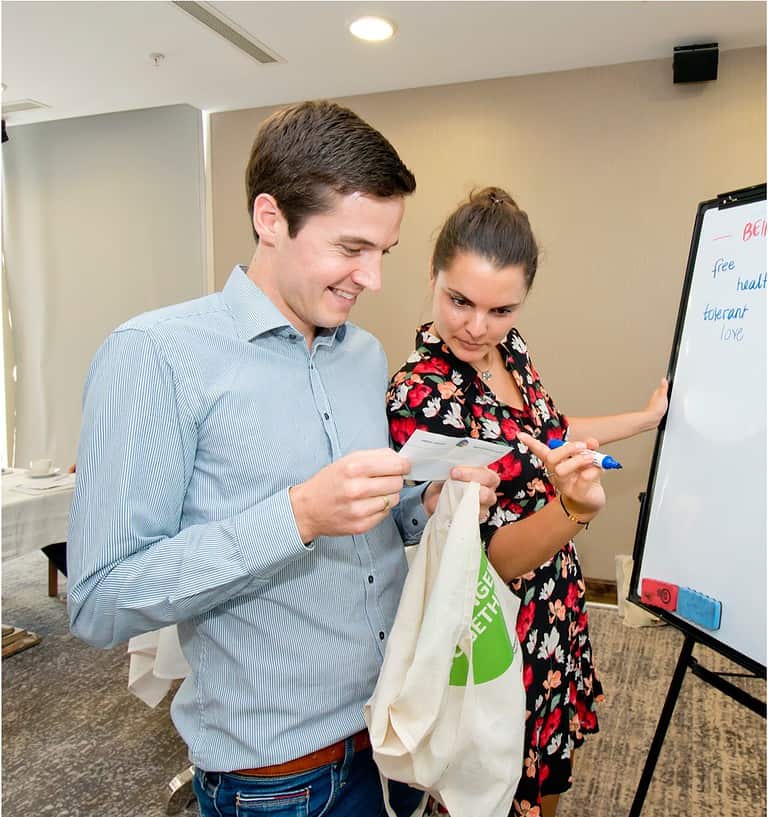
Reach your full potential
Are you stuck in a rut? Are you seeking personalised support to revive your productivity?
Building on my years of experience juggling between academic research, consultancy, and teaching, I’ll help you re-organise your projects to enhance efficiency and work-life balance.
What should I bring with me?
How safe is Tulum?
5 digital tools to revolutionise your organisation
How to get to Tulum?
Since much of our lives are entangled in the digital sphere, it is essential to find the right tools to keep yourself and your projects organised. I have used and tested following apps, which I highly recommend:
Notability: a digital notebook, particularly great for scribbling and annotating on tablets.
Which airline is best?
5 apps to renew your pursuit of knowledge
How to get to Tulum?
We spend, on average, close to five hours per day on our phones. Crazy, right? To refresh your digital experience, swap the time you spend mindlessly scrolling on social media for time spent learning new skills and knowledge, with these five fantastic apps:
Duolingo: Learn a new language from start to finish with gamified lessons. Earn points and progress through levels. A timeless companion among internationals, accessible to all.
Blinkist: Summaries of 6,500+ bestselling nonfiction books & popular podcasts, guides, and articles, covering a wide variety of subjects. Also on desktop.
Ahead: A self-improvement app to coach you through bite-sized pieces of information. Expand your emotional intelligence and boost your productivity.
Skillshare: An online learning community with videos for creative learners including: graphic design, music, photography, creative writing, marketing, and more!
Which airline is best?
8 YouTube channels for life-long learning
How to get to Tulum?
Next time you find yourself scrolling on your TV or tablet looking for something nice and educational to watch… have a look at these YouTube channels. I’ve selected some of my favourite videos below. Subscribe so you don’t miss out on their new content!
Which airline is best?
12 Instagram accounts to feel better everyday
How to get to Tulum?
If you regularly get tired of seeing the same content on Instagram, or frustrated by the picture-perfect lives of influencers, you’re not alone. These accounts are some of my favourite to follow for some refreshing, thought-provoking, and modern content on the gram.
Short lessons, insights, and visuals from a coach embracing principles from science, eastern philosophy, and nature.
A Psychologist from Harvard Medical School and TED Speaker sharing wisdom about psychology (e.g. how our beliefs affect our behaviour). Author of the bestseller “Emotional Agility”.
An account full of gentle memes, poems, images, quotes, and tips from James McCrae, a creative designer and yogi mixing humour and pop culture in his posts.
A climate culture magazine dedicated to showcasing stunning photography of landscapes and cityscapes from all over the world. The account features a mix of professional and amateur photographers.
Liz, an illustrator, brings wellness into conversations through simple yet powerful illustrations. She covers themes such as burn out, mental health, and progress.
An artist and designer, Nelson Cash, shares his colourful and playful illustrations with his followers. He often collaborates with other artists and brands, and his work has been featured in publications like The New York Times and Wired.
A popular design and architecture online magazine, designboom.com. It features the latest news, trends, and innovations in the design world, as well as stunning photos of buildings, interiors, and products.
A licensed psychologist shares holistic and integrative approaches to mental health. She shares tips and insights for self-improvement, and encourages her followers to focus on their emotional, mental, and physical well-being.
An art account that features the beautiful and intricate illustrations of artist Danielle Noel. Her work often focuses on themes like tarot, astrology, and spirituality, and she has gained a large following for her mystical and enchanting style.
A personal development and wellness account that focuses on topics like mindfulness, meditation, and self-care. The founder shares her own experiences and insights, as well as tips and resources for living a more fulfilling life.
An art account that features the colorful and whimsical illustrations of artist Propheta. Her art often features positive messages and uplifting themes, and she has gained a large following for her unique style.
Inspirational and motivational quotes, as well as personal insights and reflections from its founder, Christie. She shares her journey of self-discovery and personal growth, and encourages her followers to embrace their own unique path.
Which airline is best?
Subscribe
for exclusive articles, latest advances from science, our favourite resources to support your growth, and more!
Hi! I’m Sophie
I was born in Belgium, educated in Europe, and now exploring the world with the objective to understand how we can make it a better place. I currently work as a doctoral researcher (PhD candidate) in The Hague.
I hold a Masters degree (MPhil) from the University of Oxford and have 7+ years of experience as a consultant in public diplomacy, strategic communication, and global peace and security.
Get in touch
Disclaimer: Some of the links on this page are affiliate links which means I receive a small commission from anything bought via the link. It does not cost you anything extra but it is an easy way to thank me for inspiring your purchase! 🙂

